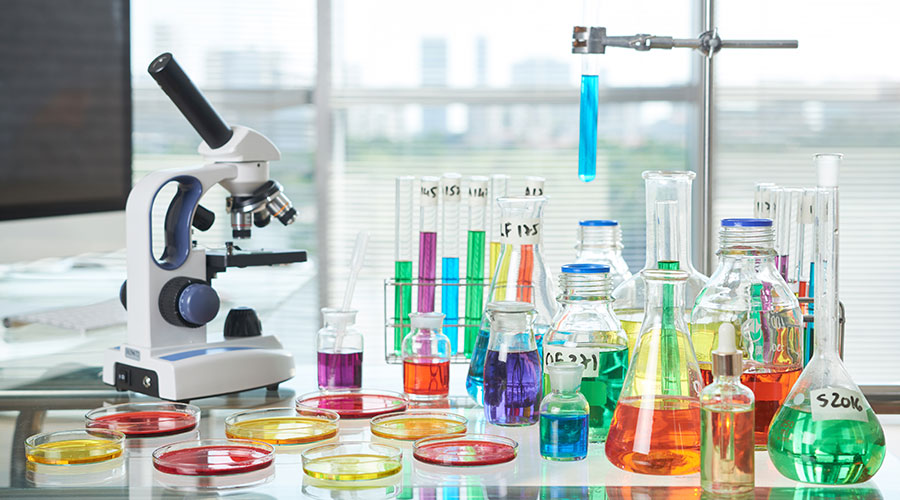
Microbiology
Microbiology Unit
Direct and stained examinations of infectious bacteria, fungi and parasites, their production in bacterial or fungal cultures and their identification at the species level are carried out. The sensitivity of microorganisms produced from patient samples to antibiotics is determined, and culture and antibiogram results are given within 24-48 hours. Blood cultures are monitored with a growth-controlled automatic device, thus providing quick results.
In addition to conventional methods, automatic kits and computer programs are also used in the microorganism identification process. Bacteria identification and antibiotic susceptibility are studied with an automated system, and the results are reported by studying the MIC values together with the criteria of The Clinical and Laboratory Standards Institute (CLSI/NCCLS). With rapid antigen tests, some bacteria (Strep A, H.pylori etc.), some virus antigens (Rotavirus, Adenovirus, RSV, Influenza A-B etc.) and antibodies can be investigated, parasite agents can be detected (Amip-Giardia antigen, stained examination). Parasite examination in stool is studied with formalin-ethylacetate concentration method. In addition, PCR studies of some specific microorganisms (HPV and its typing, HSV 1-2, Syphilis, etc.) are also carried out.
Spermiogram (sperm analysis) test is also being studied in our microbiology unit, and morphology and motility evaluation is carried out in line with WHO (World Health Organization) criteria. In addition to morphological evaluation according to Kruger strict criteria with special sperm dye, sperm washing and preparation can be done with swim-up techniques for insemination.
Serology Unit
In this unit, tests for the analysis of proteins (ASO, CRP, RF, immunoglobulins, complement, etc.) in body fluids with fully automatic devices, hepatitis (Hepatitis B, Hepatitis C, etc.) and AIDS (HIV) tests, tests that determine pregnancy infections (TORCH). group), Brucella and Typhoid tests, autoantibodies (ANA, Anti dsDNA, ANCA, Anti CCP etc.) and other serological tests for the diagnosis of rheumatological diseases.
Allergy Unit
With Total IgE and ECP (eozonophilic Cationic Protein) tests, tests for all allergens such as house dust mites, pollen, mold fungi, animal allergens (pets such as cats and dogs), insect allergens and food allergens are studied.
Blood Unit
In this section, blood group is studied by gel centrifugation method in both manual and automated systems, cross match, coombs (direct/indirect), blood collection is done from donors in case of emergency. Our routine blood needs are met from the contracted Red Crescent Blood Centers.